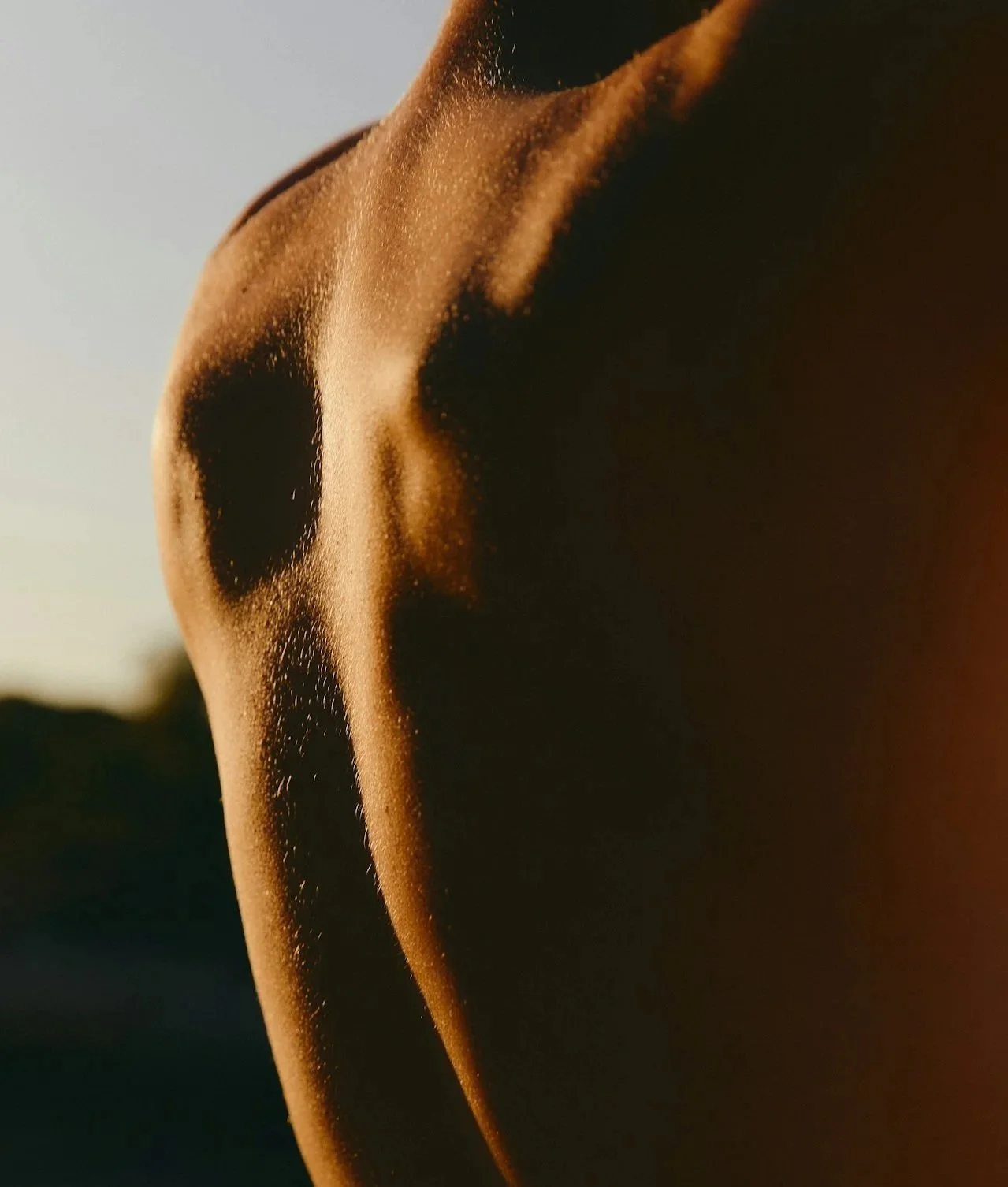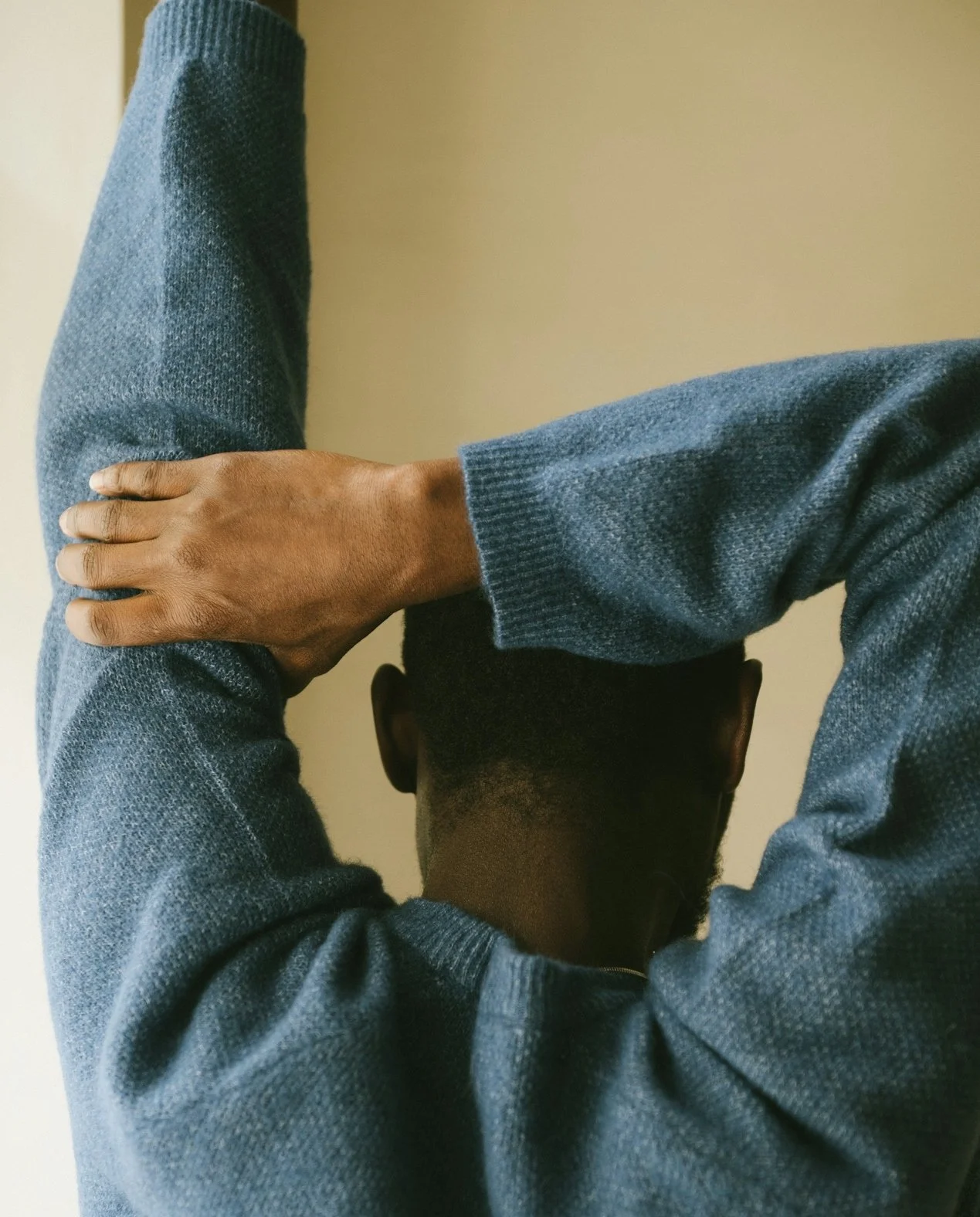What Your Body Needs From Sunlight
You live in boxes under artificial light. Your body needs sun—actual sun, not the glow of screens. This is the most basic thing, and somehow the hardest to remember.
If you scroll your phone in bed instead of getting sunlight first thing, you're disrupting every hormone in your body. Morning sunlight sets your circadian rhythm, which controls testosterone production, cortisol regulation, and sleep quality.
Your body needs sun in your eyes within 30 minutes of waking. Ten minutes minimum. No sunglasses. Actual sunlight, not indoor light.
the life you live
You wake up in a box. Check your phone in bed. Get ready under artificial light. Commute in a car—a smaller box. Arrive at work—a bigger box with fluorescent lights and no windows, or windows you never look out of.
Eight hours under artificial light. Lunch at your desk. Maybe you step outside for thirty seconds walking between buildings. Then back inside.
Commute home in the dark. Dinner under more artificial light. Evening under the blue glow of screens. Sleep in the same box you woke up in.
Your body never gets the signal that day has started. Or that it's ending. Everything stays dim and constant and enclosed.
You wonder why you can't sleep. Why you wake up groggy. Why your energy crashes in the afternoon. Why you feel off in ways you can't name.
Your body has been asking for light. You've been living in boxes.
what morning sunlight does
Morning sun—actual sunlight, within thirty to sixty minutes of waking—tells your body day has started.
Your cortisol rises. Your testosterone production finds its rhythm. Your body starts the clock that will tell it to make melatonin twelve to fourteen hours later.
Without that signal, everything downstream gets disrupted. Your cortisol stays flat or spikes at the wrong times. Your testosterone production loses its pattern. Your body doesn't know when to make melatonin, so you can't sleep when you need to.
Sunlight is the signal that runs everything. And you're living without it.
why you're not getting it
The world you live in was designed for production, not for bodies.
Offices with artificial light because natural light is expensive to build around. Homes that prioritize space over sun. Commutes that happen in enclosed vehicles. Work schedules that keep you inside during the hours when sunlight is strongest.
Indoor light is too dim. Even bright offices are a fraction of what sunlight provides. On a cloudy day, being outside is ten times brighter than being inside under artificial light.
Blue light from screens at the wrong times confuses things further. Your body mistakes it for daylight. You're getting weak artificial signals all day and night, but never the actual strong signal your body needs.
You've adapted to this. You think it's normal. But your body hasn't adapted. Your body is still asking for what it's always needed: sun.
what changes
Get light in your eyes within thirty minutes of waking.
Outside is better—brighter, full spectrum, nothing between you and the sun. But morning light through a window works too. The point is light. Actual daylight. Not the dim artificial glow you've been living under.
Ten to fifteen minutes minimum. Face the light—don't stare directly at the sun, but let daylight hit your eyes. No sunglasses. Actual light on your actual eyes.
This sounds too simple. Too easy to matter. You'll want to skip it for something that feels more productive. For something that makes sense on your to-do list.
But this is what regulates everything else. Your energy. Your sleep. Your hormones. Your body's ability to know what time it is and what it should be doing.
Light first. Everything else second.
what this feels like
The first morning you do this, you'll notice how rare it is. How long it's been since you stood near a window with purpose. Or stepped outside without going somewhere.
Just being in light.
Your body will recognize this. You won't understand it immediately. You'll just notice you feel different. More awake. More present. Like something clicked into place that's been slightly off for longer than you realized.
Do this for a week. Your sleep will change. You'll fall asleep easier. Wake up feeling more ready. Your afternoon crashes will start to smooth out.
Do this for a month. You'll realize how much of what you thought was wrong with you was just disconnection from the most basic thing. Light.
the simplicity
Morning light. That's it.
Not a supplement. Not a routine. Not a life hack. Just light.
Your body knows what it needs. It's been trying to get you near windows, outside, anywhere with actual daylight every morning of your life. That pull toward the window when you first wake up. That restlessness when you've been inside too long. That feeling of relief when you finally step into light.
Your body has been asking. You've been too busy living in boxes to hear it.
Ten minutes. Daylight in your eyes. Within thirty minutes of waking. Near a window or outside—just get the light.
The world you live in will resist this. It will give you reasons to stay in bed. To check your phone first. To get one more thing done before you find the light. To wait until later when it's more convenient.
Your body doesn't care about convenient. Your body needs light. Same as it always has. Same as it always will.
Find the light. Stand in it. Let your body remember what day feels like.




